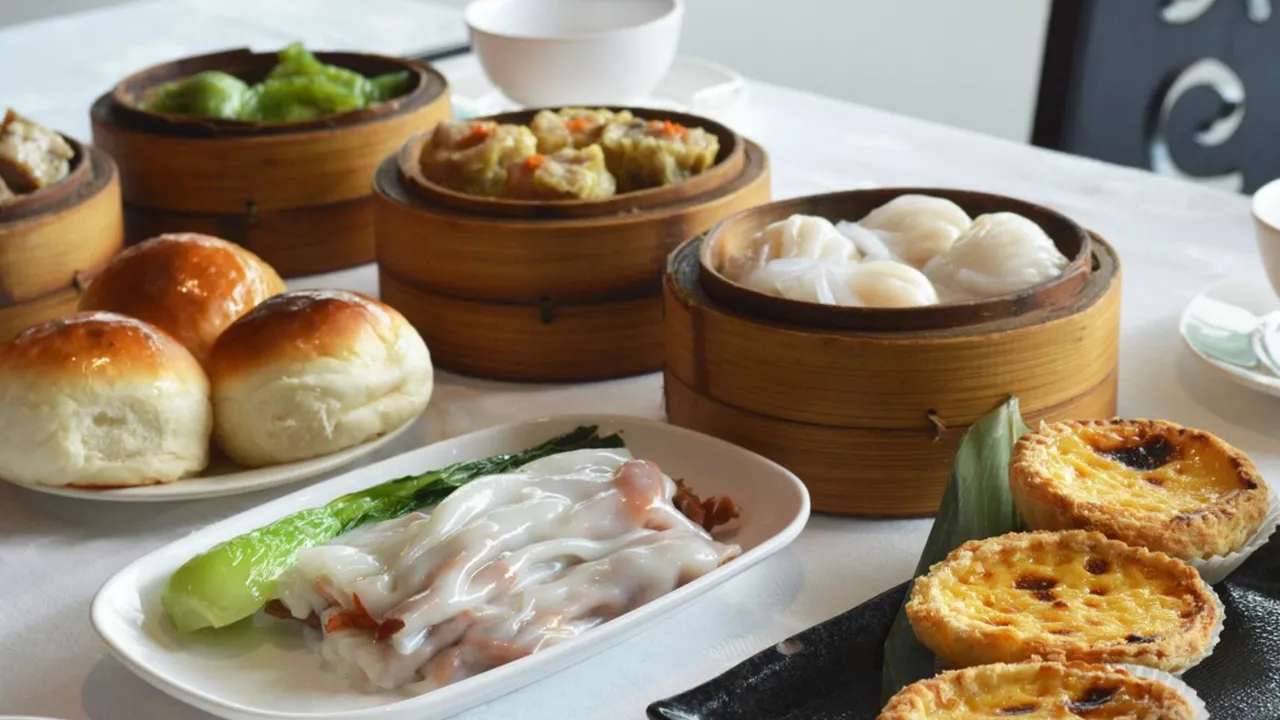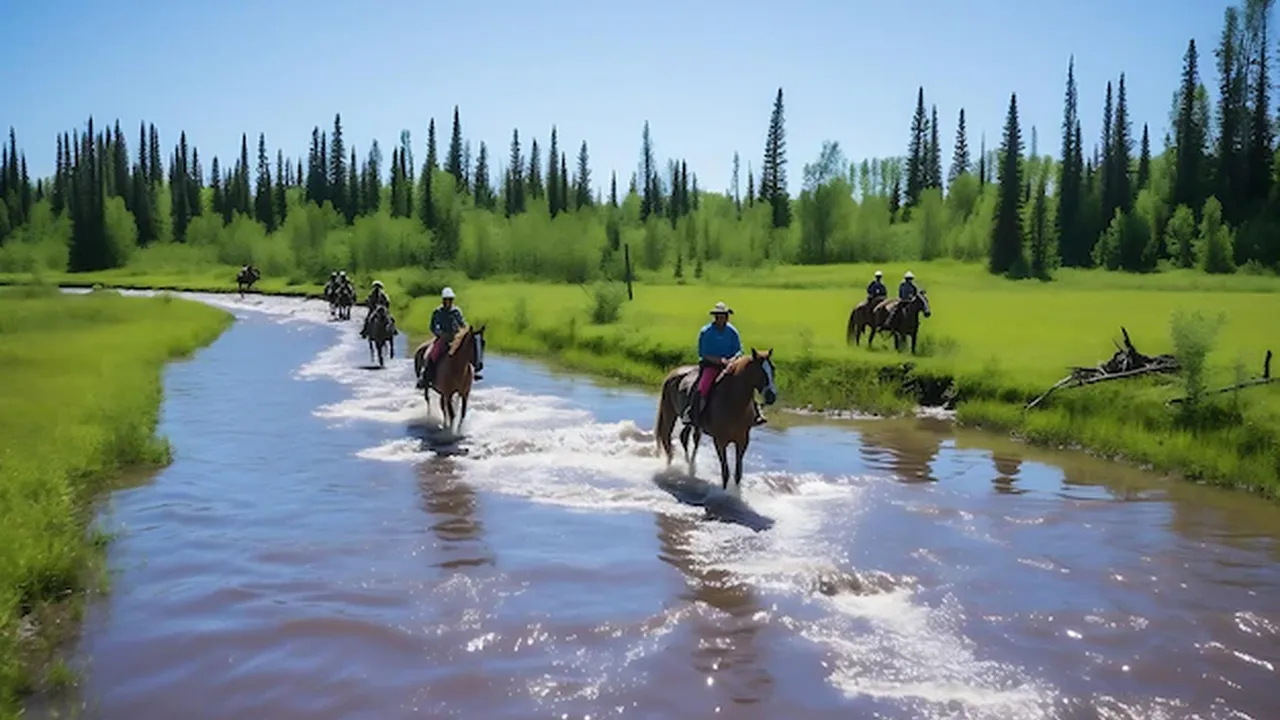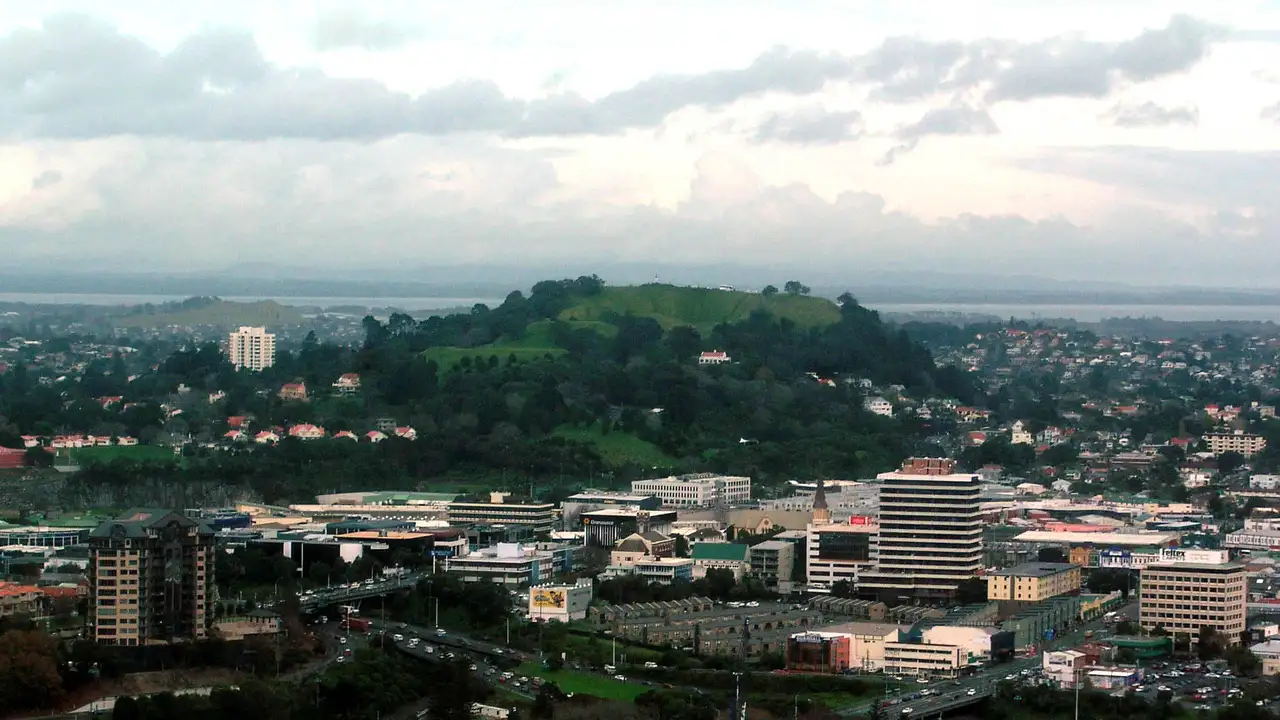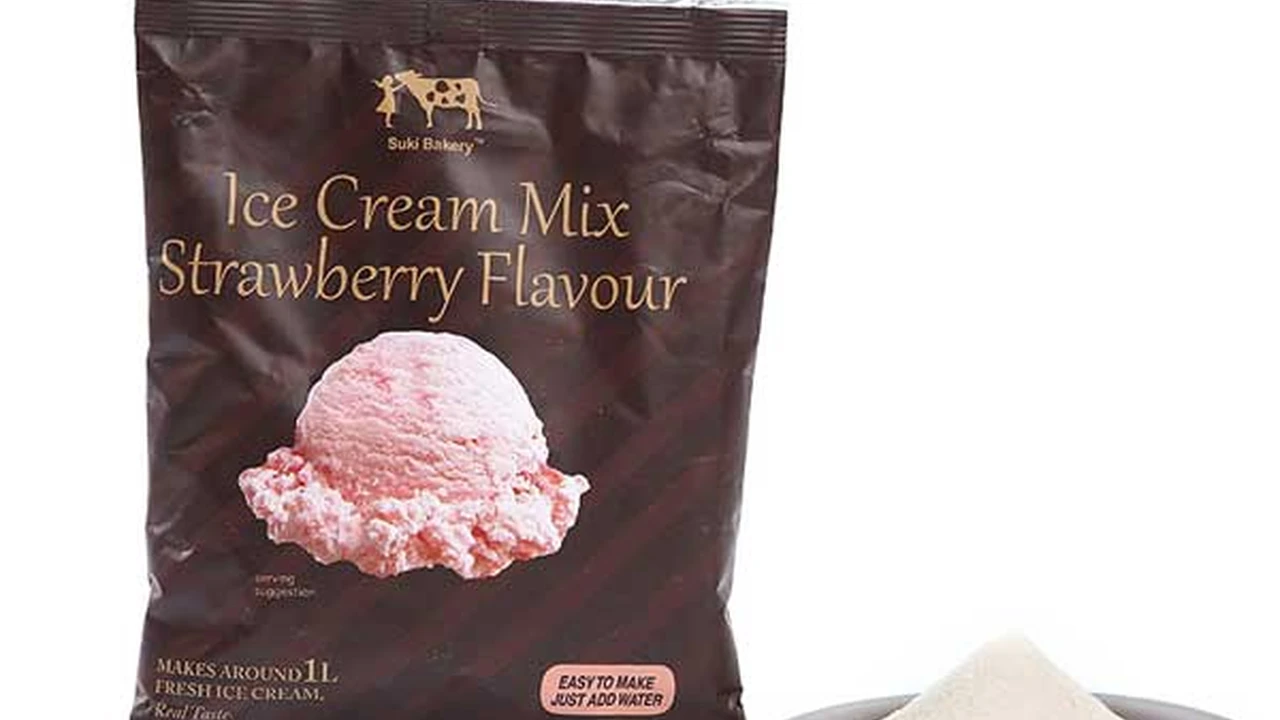Budgeting for a New Zealand Trip: A Practical Guide
Sample meta description.
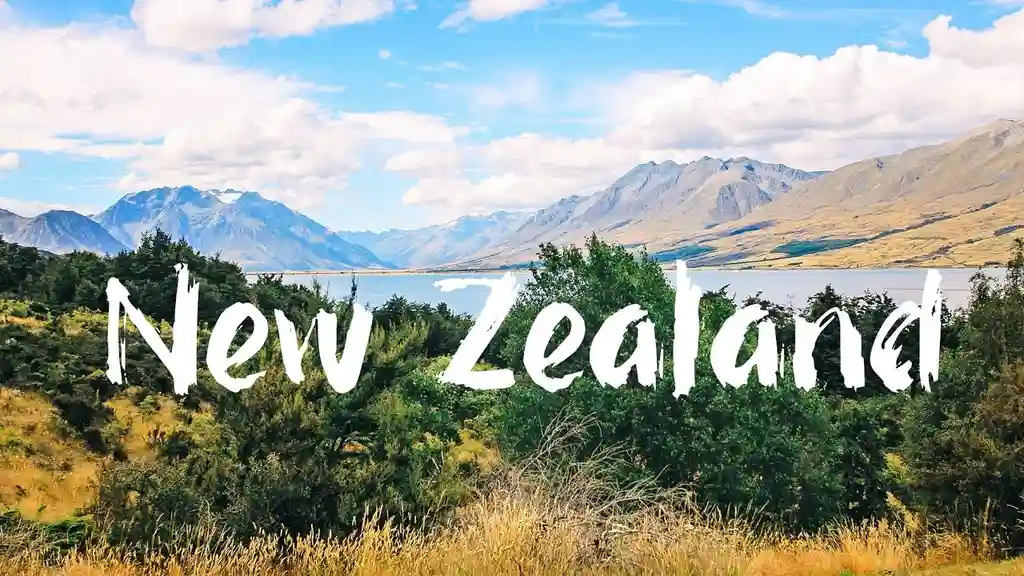
Understanding Your New Zealand Trip Costs A Comprehensive Overview
So, you're dreaming of a Kiwi adventure? Awesome! New Zealand is incredible, but it's not exactly known for being cheap. Let's break down the key areas where your hard-earned dollars will be going. Think of it like this: flights, accommodation, activities, food, and transportation. Each of these has a wide range of options, impacting your overall budget significantly. For example, are you picturing luxury lodges or cozy hostels? Rental cars or public buses? Fancy restaurants or cooking your own meals? These choices are crucial.
Flights Getting to New Zealand and Potential Internal Flights
Flights are usually the biggest upfront cost. Shop around! Use flight comparison websites like Skyscanner, Google Flights, and Kayak. Be flexible with your dates - flying mid-week or during the shoulder season (spring or autumn) can save you a bundle. Consider flying into Auckland (AKL) and out of Christchurch (CHC) or vice versa to maximize your travel time and avoid backtracking. If you plan on exploring both the North and South Islands, factor in internal flights or the Interislander ferry (more on that later!). Pro Tip: Sign up for airline email alerts to snag those flash sales!
Accommodation From Hostels to Luxury Lodges Finding Your Perfect Fit
Accommodation options in New Zealand are diverse. Hostels are the budget backpacker's best friend, offering dorm beds and communal kitchens. Expect to pay around $30-$50 NZD per night. Airbnb is another great option for self-contained apartments or rooms in private homes. You can often find unique stays and save money compared to hotels. Motels are a classic Kiwi option, offering comfortable rooms with basic amenities. Hotels range from budget-friendly to ultra-luxurious, with prices to match. Consider camping! New Zealand has stunning campgrounds, many with basic facilities for a small fee. Free camping is possible in some areas, but be sure to check the local regulations. Consider using Booking.com or Expedia to compare prices and read reviews.
Transportation Navigating New Zealand Your Way
How you get around New Zealand will heavily influence your budget. Renting a car offers the most freedom and flexibility, especially for exploring remote areas. Prices vary depending on the size and type of vehicle, but expect to pay around $50-$100+ NZD per day. Factor in petrol costs, which can be relatively high. Campervans are a popular choice, combining accommodation and transportation. This can save money on accommodation but comes with its own costs, such as campsite fees and fuel. Public transportation (buses and trains) is available but less frequent than in other countries. It's a more budget-friendly option but requires more planning. The Interislander ferry connects the North and South Islands. Book in advance, especially during peak season. Consider purchasing a travel pass if you plan on using public transportation extensively.
Activities and Experiences Making the Most of Your New Zealand Adventure
New Zealand is an adventure playground! From hiking and kayaking to bungee jumping and scenic flights, there's something for everyone. Many activities are free or low-cost, such as hiking, swimming, and exploring national parks. Paid activities can add up quickly, so prioritize what's most important to you. Look for deals and discounts online or through tourist information centers. Consider purchasing a multi-activity pass if you plan on doing several paid activities. Some examples of activities and their rough costs:
- Hiking in National Parks: Free (entry fees may apply to some parks)
- Kayaking in Abel Tasman National Park: $80-$150 NZD per person
- Bungee Jumping in Queenstown: $200-$300 NZD per person
- Scenic Helicopter Flight over Fiordland: $300-$500+ NZD per person
Food and Drink Eating Well Without Breaking the Bank
Eating out in New Zealand can be expensive. Cooking your own meals is a great way to save money, especially if you're staying in accommodation with a kitchen. Grocery stores like Countdown and New World offer a wide range of products at reasonable prices. Look for specials and discounts. Farmers' markets are a great place to buy fresh produce and support local farmers. Picnics are a fantastic way to enjoy the stunning scenery while saving money on restaurant meals. If you do eat out, look for cafes and pubs offering lunch specials. BYOB (Bring Your Own Bottle) restaurants are also a good option for saving money on alcohol.
Hidden Costs to Consider Before Your New Zealand Trip
Don't forget about those sneaky hidden costs! Travel insurance is essential. Make sure it covers medical expenses, trip cancellations, and lost luggage. Visa fees may apply depending on your nationality. Parking fees can be expensive in cities. Wi-Fi access may not be free in all accommodation. Souvenirs can quickly add up. It's always a good idea to have a buffer in your budget for unexpected expenses.
Recommended Products for Your New Zealand Adventure and Their Uses
Here are a few recommended products that can enhance your New Zealand trip, along with their uses, comparisons, and estimated prices:
Kathmandu Hiking Backpacks The Versatile Companion for Explorers
Product: Kathmandu Federate 28L Hiking Backpack
Use: Ideal for day hikes, carrying essentials like water, snacks, rain gear, and a first-aid kit. Its lightweight and comfortable design makes it perfect for exploring New Zealand's stunning trails.
Comparison: Compared to Osprey Talon 22, the Kathmandu Federate offers a slightly larger capacity and a more robust build, making it suitable for slightly heavier loads. Compared to a generic backpack, the Kathmandu Federate features a proper suspension system, improving comfort and weight distribution.
Price: Approximately $150 NZD.
Merrell Moab 2 Waterproof Hiking Shoes The Reliable Footwear for Any Terrain
Product: Merrell Moab 2 Waterproof Hiking Shoes
Use: Provides excellent traction and support on various terrains, from rocky trails to muddy paths. The waterproof membrane keeps your feet dry in wet conditions, essential for New Zealand's unpredictable weather.
Comparison: Compared to Salomon X Ultra 4 GTX, the Merrell Moab 2 is generally more affordable and offers a wider fit, making it comfortable for a broader range of foot shapes. Compared to trail running shoes, the Merrell Moab 2 provides more ankle support and durability, making it better suited for hiking.
Price: Approximately $200 NZD.
Power Bank Anker PowerCore 10000 Essential for Staying Connected
Product: Anker PowerCore 10000 Portable Charger
Use: Keeps your phone, camera, and other electronic devices charged on the go, ensuring you can capture those unforgettable moments and stay connected. A must-have for long hikes or remote areas with limited access to power outlets.
Comparison: Compared to other power banks with similar capacity, the Anker PowerCore 10000 is known for its compact size and reliable performance. Compared to a larger capacity power bank, it's more portable and suitable for day trips.
Price: Approximately $40 NZD.
Portable Water Filter Sawyer Products MINI Water Filtration System Stay Hydrated Safely
Product: Sawyer Products MINI Water Filtration System
Use: Filters water from streams and lakes, providing safe drinking water while hiking or camping in remote areas. Lightweight and easy to use, it's an essential tool for staying hydrated in the backcountry.
Comparison: Compared to water purification tablets, the Sawyer MINI offers a faster and more convenient way to purify water. Compared to larger water filters, it's more compact and lightweight, making it ideal for backpacking.
Price: Approximately $50 NZD.
Kiwi Camping Tent Kepler 3 Tent A Comfortable Shelter for Outdoor Adventures
Product: Kiwi Camping Kepler 3 Tent
Use: Provides a comfortable and weatherproof shelter for camping. Easy to set up and pack down, it's a great option for exploring New Zealand's beautiful campgrounds.
Comparison: Compared to more expensive brands like MSR or Black Diamond, the Kiwi Camping Kepler 3 offers excellent value for money. Compared to a smaller 2-person tent, the Kepler 3 provides more space for gear and comfortable sleeping arrangements.
Price: Approximately $300 NZD.
Saving Money Tips and Tricks for Your New Zealand Vacation
Okay, so now you have a good idea of what things cost. But how can you actually *save* money? Here are a few insider tips:
* **Travel during the shoulder season:** Spring (September-November) and autumn (March-May) offer pleasant weather and fewer crowds, often resulting in lower prices on flights and accommodation. * **Cook your own meals:** As mentioned earlier, this is a huge money-saver. Hit up the local grocery store and get creative! * **Take advantage of free activities:** New Zealand is full of them! Hiking, swimming, exploring beaches, visiting free museums – the possibilities are endless. * **Look for deals and discounts:** Check websites like Bookme.nz for discounted activities and tours. * **Consider a working holiday visa:** If you're staying for an extended period, a working holiday visa allows you to earn money while you travel. * **Hitchhike (with caution):** Hitchhiking is relatively common in New Zealand, but always exercise caution and let someone know your plans. * **Utilize free camping (where permitted):** Check local regulations and be respectful of the environment. * **Travel with friends:** Sharing accommodation and transportation costs can significantly reduce your individual expenses. * **Pack light:** Avoid checked baggage fees by packing only essentials.Sample New Zealand Trip Budgets From Budget Backpacker to Luxury Traveler
To give you a clearer picture, here are some sample budgets based on different travel styles:
* **Budget Backpacker (per day):** $50-$80 NZD (hostel, cooking meals, free activities, public transportation) * **Mid-Range Traveler (per day):** $150-$250 NZD (Airbnb or motel, some meals out, a mix of free and paid activities, rental car) * **Luxury Traveler (per day):** $400+ NZD (luxury hotels or lodges, fine dining, premium tours and activities, private transportation)Remember, these are just estimates. Your actual costs will vary depending on your choices and preferences.
Resources for Planning Your New Zealand Trip Stay Informed and Prepared
Here are some helpful resources to assist you in planning your New Zealand adventure:
* **Tourism New Zealand:** The official tourism website, offering information on destinations, activities, and accommodation. * **Department of Conservation (DOC):** Provides information on national parks, hiking trails, and camping. * **Bookme.nz:** A website offering discounted activities and tours. * **Rankers.co.nz:** A travel website providing information on accommodation, activities, and transportation. * **Interislander:** The ferry service connecting the North and South Islands.Planning a trip to New Zealand can seem daunting, but with a little research and budgeting, you can make your dream adventure a reality. So, start planning, get excited, and get ready for the trip of a lifetime!
:max_bytes(150000):strip_icc()/277019-baked-pork-chops-with-cream-of-mushroom-soup-DDMFS-beauty-4x3-BG-7505-5762b731cf30447d9cbbbbbf387beafa.jpg)



